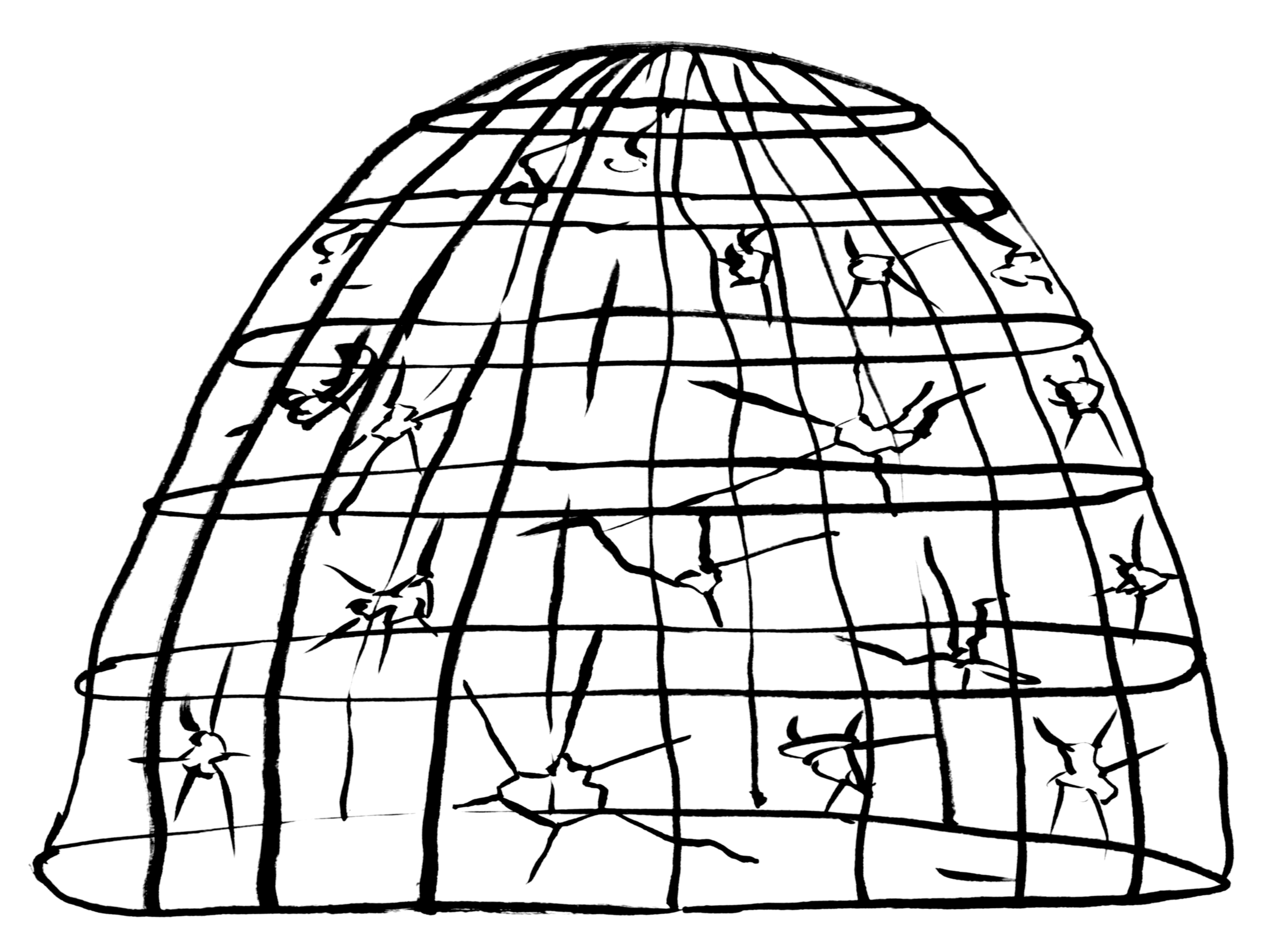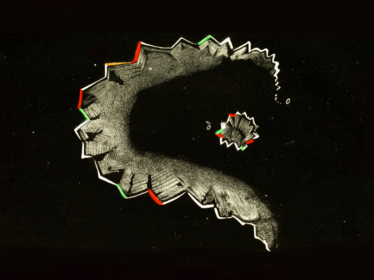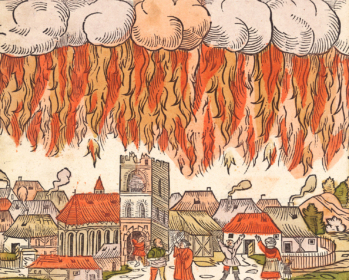The Firewall Next Time

The most significant day leading up to the 2025 Bundestag elections will almost certainly prove to have been the 29th of January. On that afternoon, Friedrich Merz of the CDU — whose party has held a comfortable lead in polls — introduced a motion that would hollow out constitutionally enshrined rights to asylum. The non-binding proposal passed with the support of the far-right AfD (in a uniquely German twist, the vote was held hours after the annual Bundestag commemoration for victims of the Nazi regime). In doing so, the CDU violated the “firewall,” the longstanding agreement held among mainstream political parties not to collaborate with the far right on passing bills in parliament.
The response was immediate. Many were appalled by the CDU’s opportunistic breach of this consensus between democratic partners, which Merz had publicly committed to on repeated occasions; others felt that the vote was a taboo in name only, and rather brought long-active ideological alignments into light. The bill itself failed Meanwhile, the election draws closer, and the AfD continues to come in at a steady second.
Following these developments, we’ve asked several writers to share their takes on how we got here. These writers approach the question from different positions and address different factors that have led to this conjuncture. They share a critical distance to a majoritarian discourse as well as the overriding sense that something is wrong, although they each have their own interpretation of the genealogy of the moment.
In the coming days, we’ll be publishing these analyses on our website as part of a forum on the state of the election. To continue the conversation, the Diasporist invites responses to these contributions. We’re looking for thoughtful rebuttals, spirited disagreements, proposals for different lines of inquiry, alternative diagnoses built on facts – more than just critique for the sake of critique: [email protected].



